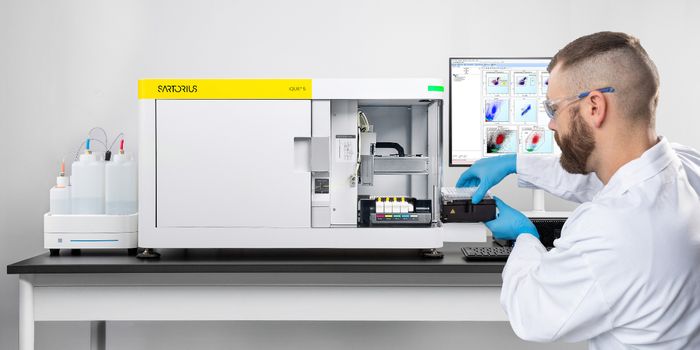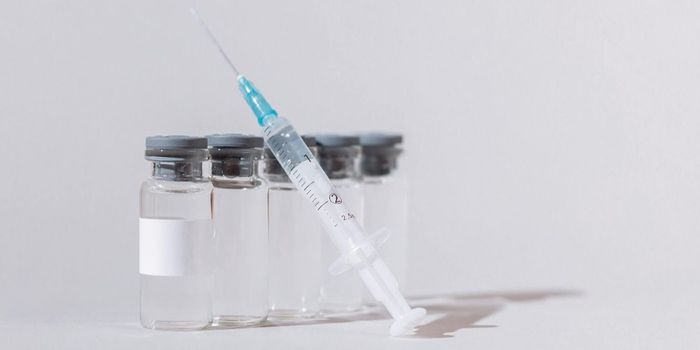Cancer Treatment Need Not Kill Fertility, Study Suggests
Women of child-rearing age who receive cancer treatments often face higher risks of infertility. Now, researchers say there’s an existing drug that could reduce this risk, potentially allowing women the opportunity to conceive after beating their cancer diagnosis.
The therapies we currently use against cancer are toxic not only to the tumor cells, but also to the patient’s healthy cells. In addition to the fast-dividing tumor cells, casualties of cancer treatment usually include healthy cells that make up hair, skin, and bone marrow. In premenopausal women, the cancer treatments can also be deadly to the oocytes – immature egg cells in the ovaries. Unlike skin or hair cells that can be replaced once treatment is over, women are born with a finite reserve of oocytes that, once damaged, cannot be replenished.
It’s estimated that nearly 40 percent of female breast cancer patients will end up with infertility associated with treatment. Given the high risk of infertility, some patients opt to freeze some of their oocytes. However, the procedure is expensive and could delay life-preserving treatments.
"That is a serious dilemma and emotional issue," said Dr. John Schimenti, Cornell's James Law Professor of Genetics in the Departments of Biomedical Sciences and Molecular Biology and Genetics, "when you layer a cancer diagnosis on top of the prospect of having permanent life-altering effects as a result of chemotherapy, and must face the urgent decision of delaying treatment to freeze oocytes at the risk of one's own life."
Dr. Schimenti built on his previous research that showed mice with oocyte-damage from radiation had increased activity of a protein known as CHK2. Known as the checkpoint protein 2 (CHK2), this protein flags oocytes with DNA damage for elimination – an evolutionary mechanism to prevent eggs with mutations from being fertilized. The team hypothesized that by turning “off” this checkpoint protein, the oocytes may be spared when the ovaries are exposed to cancer treatments.
In mice that had their CHK2 gene modified to be “off,” radiation didn’t kill off all of the oocytes. These surviving egg cells were fertilized and resulted in offspring that appeared normal.
When the team explored chemicals that could inhibit CHK2, they pleasantly found some were readily available. "It turns out there were pre-existing CHK2 inhibitor drugs that were developed, ironically enough, for cancer treatment, but they turned out not to be very useful for treating cancer," said Schimenti, the study’s senior author. "By giving mice the inhibitor drug, a small molecule, it essentially mimicked the knockout of the checkpoint gene."
Admittedly, the team doesn’t yet know the long-term effects of circumventing the CHK2 pathway in radiation-exposed oocytes. As lead author Vera Schimenti explains, "The one major concern is that even though these irradiated oocytes led to the birth of healthy mouse pups, it's conceivable that they harbor mutations that will become manifested in a generation or two, because we are circumventing an evolutionarily important mechanism of genetic quality control. This needs to be investigated by genome sequencing."
Nevertheless, the study is a step forward in treating a patient’s cancer without making her choose between her life or her fertility. "While humans and mice have different physiologies, and there is much work to be done to determine safe and effective dosages for people, it is clear that we have the proof of principle for this approach," Schimenti said.
Additional sources: Cornell University, MNT









